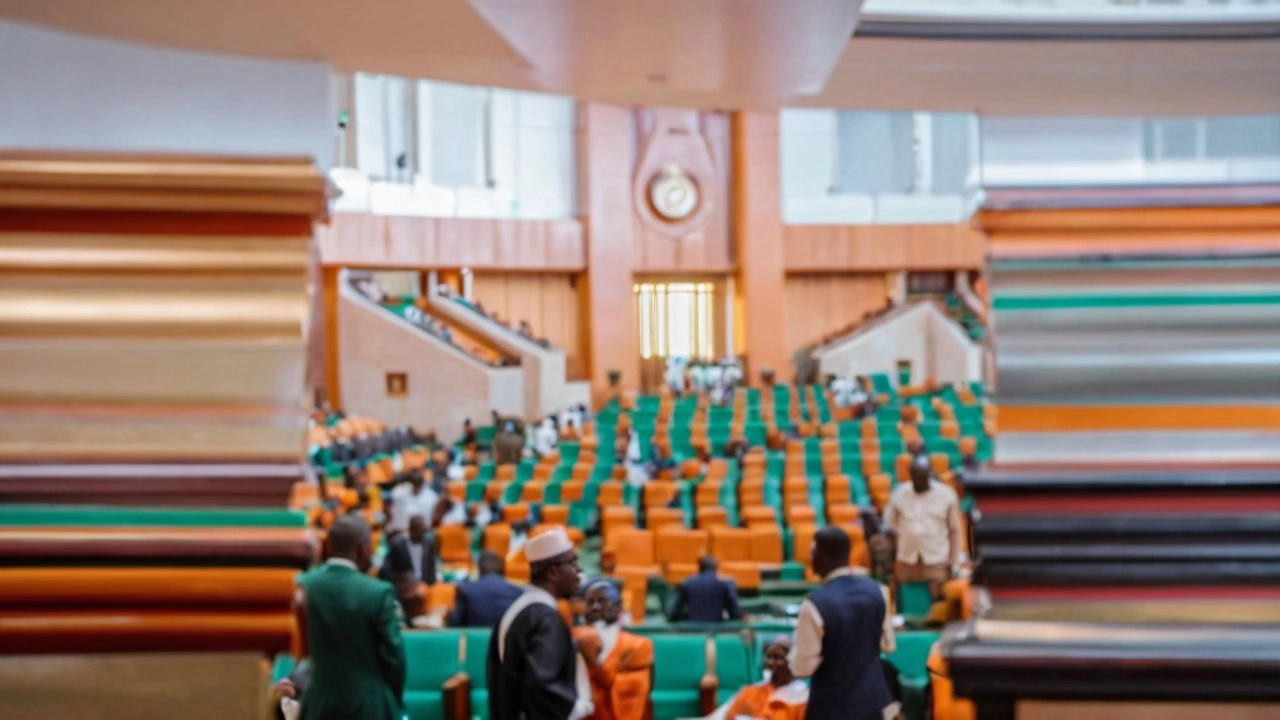National Assembly Approves New Minimum Wage of N70,000
25 Jul, 2024National Assembly Approves N70,000 Minimum Wage
In a landmark decision that stands to impact the lives of millions of Nigerian workers, the National Assembly has passed a new minimum wage bill. This bill, spearheaded by President Bola Tinubu, increases the national minimum wage from N30,000 to a significantly higher figure of N70,000. Along with this substantial wage hike, the bill also mandates a quicker review period, changing it from the previous five years to three years.
Expediting the Legislative Process
The bill’s journey through the legislative process was notably swift. President Tinubu had transmitted the bill to both chambers of the National Assembly, seeking their expeditious support. In response, the bill was promptly read by Senate President Godswill Akpabio, who then referred it to the Committee of the Whole for immediate deliberation. The committee undertook a thorough clause-by-clause examination of the bill before approving it through voice votes. This rapid action underscores the significance attached to the legislation by both the executive and legislative branches of government.
The Role of Labour Unions
A crucial element in the successful passage of the bill was the backing it received from major labour unions, including the Nigeria Labour Congress (NLC) and the Trade Union Congress (TUC). These organizations have been at the forefront of advocating for fair wages and improved working conditions for Nigerian workers. Their agreement to the N70,000 minimum wage involved a trade-off. In exchange for accepting the new wage and the reduced review period, the unions rejected a proposal to pay N250,000 that was contingent on increased petrol prices. This compromise highlights the delicate balance between improving workers' pay while considering broader economic implications.
Impact on Nigerian Workers
The new minimum wage is poised to have far-reaching effects on the standard of living for many Nigerians. For workers earning the previous minimum wage of N30,000, this more than twofold increase to N70,000 represents a significant improvement in their disposable income. The wage increase can help alleviate poverty, reduce income inequality, and stimulate consumer spending, potentially boosting the overall economy.
Economic Considerations
While the increase in the minimum wage is a positive development for workers, it also presents challenges for employers, particularly small and medium-sized enterprises (SMEs). These businesses may find it difficult to absorb the higher wage costs, which could lead to increased prices of goods and services or, in some cases, workforce reductions. The government will need to consider measures to support SMEs during this transition period to safeguard employment levels and ensure economic stability. Additionally, with the wage review period now shortened from five years to three, there will be more frequent adjustments to the minimum wage, allowing it to keep pace with inflation and cost of living changes. This is likely to be beneficial for workers but may require careful economic planning to manage the fiscal impact on both the public and private sectors.
Awaiting Presidential Assent
Now that the bill has been passed by the National Assembly, the final step is for President Tinubu to sign it into law. Given his initial advocacy for the bill, it is widely expected that he will do so. Once enacted, the new minimum wage will become legally binding, and employers across Nigeria will be required to comply. This legislative achievement represents a significant milestone in the country’s ongoing efforts to improve the welfare of its workforce. As Nigeria prepares to implement the new minimum wage, attention will turn to how effectively the transition is managed and the broader economic impacts of this important policy change.
Conclusion
In conclusion, the approval of the N70,000 minimum wage by the National Assembly marks a pivotal moment for Nigerian workers and the country’s economic landscape. This decision reflects a commitment to improving living standards and addressing income disparities. However, it will also require careful implementation and economic support measures to ensure that the benefits are felt across all sectors of society. The new minimum wage, once signed into law by President Tinubu, promises to bring a significant positive change to the lives of many Nigerians.

 by
by